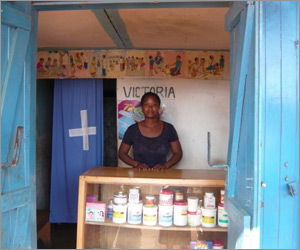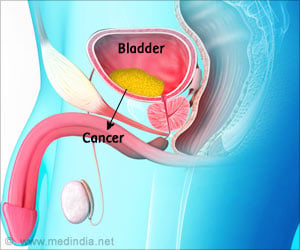People opt for a diagnostic test to confirm, or determine the presence of a disease and disease probability in patients.

‘To know the risk of developing a disease, individuals opt for a diagnostic test only if it is available at a lesser cost.’





Meurer is the senior author of a study, published in Academic Emergency Medicine, which investigated what level of benefit, risk and cost influence a patient in the emergency department to have a diagnostic test."In the current health care market, costs are kind of opaque," says Meurer, also a member of the U-M Institute for Healthcare Policy and Innovation. "If people know their insurance will cover everything, then they tend to go with what their doctor is saying in terms of getting a test."
He adds, "We wanted to change the conversation to look at how much people are valuing these tests if they have to pay for them out of pocket."
Weighing the benefits, risks and costs
Meurer and team used Amazon Mechanical Turk to crowdsource 1,000 survey participants age 18 and older who met Amazon's vetting requirements as a performer of human intelligence tasks. Participants were given $1 for completing the survey.
Advertisement
Participants were given the three variables of benefit, risk and cost along with four values for each in both scenarios.
Advertisement
The researchers used the values of 0.1, 1, 5 and 10 percent for the benefit and risk variables and $0, $100, $500 and $1,000 for the cost. They randomly distributed the values among the respondents.
The research team also collected demographics on participants, such as age, gender and history of medical conditions.
Using multivariable logistic regression models, the researchers found that participants who accepted a diagnostic test increased from 28.4 to 53.1 percent when the benefit increased from 0.1 to 10 percent.
When the risk from the test increased from 0.1 to 10 percent, participants who accepted a diagnostic test decreased from 52.5 to 28.5 percent.
Finally, when the cost increased from $0 to $1,000, the researchers saw the largest change in participants agreeing to the test, decreasing from 61.1 to 21.4 percent.
The research team noted cost appeared to be the most influencing factor in the study.
"We found that participants were more apt to get the diagnostic test if it was at a lesser cost," Meurer says. "It proved to us that people are potentially sensitive to getting an additional bill for diagnostic testing."
"In addition, if participants saw their chance of getting a disease was incredibly rare, they felt the sense that 'I might not have this disease, so I'm not willing to spend extra on it because there's not as much risk.' When the risk exceeded the benefit, the number of participants interested went down at a remarkable rate."
Researchers note limitations to the study. Mainly, those taking the survey were in a hypothetical situation and not seeking medical care. Care in an emergency department, as a contrast, can be stressful and influence decision-making.
In the future
Meurer and team hope the hypothetical testing can lend itself to the larger discussion on health care costs in the United States.
"Our study found cost to be a large factor in whether patients go through with a diagnostic test," Meurer says. "While there are sometimes risks to these tests, in other times the benefit can outweigh those risks. We don't want to see those patients turning down a test that could help them because they cannot afford it."
Source-Eurekalert















